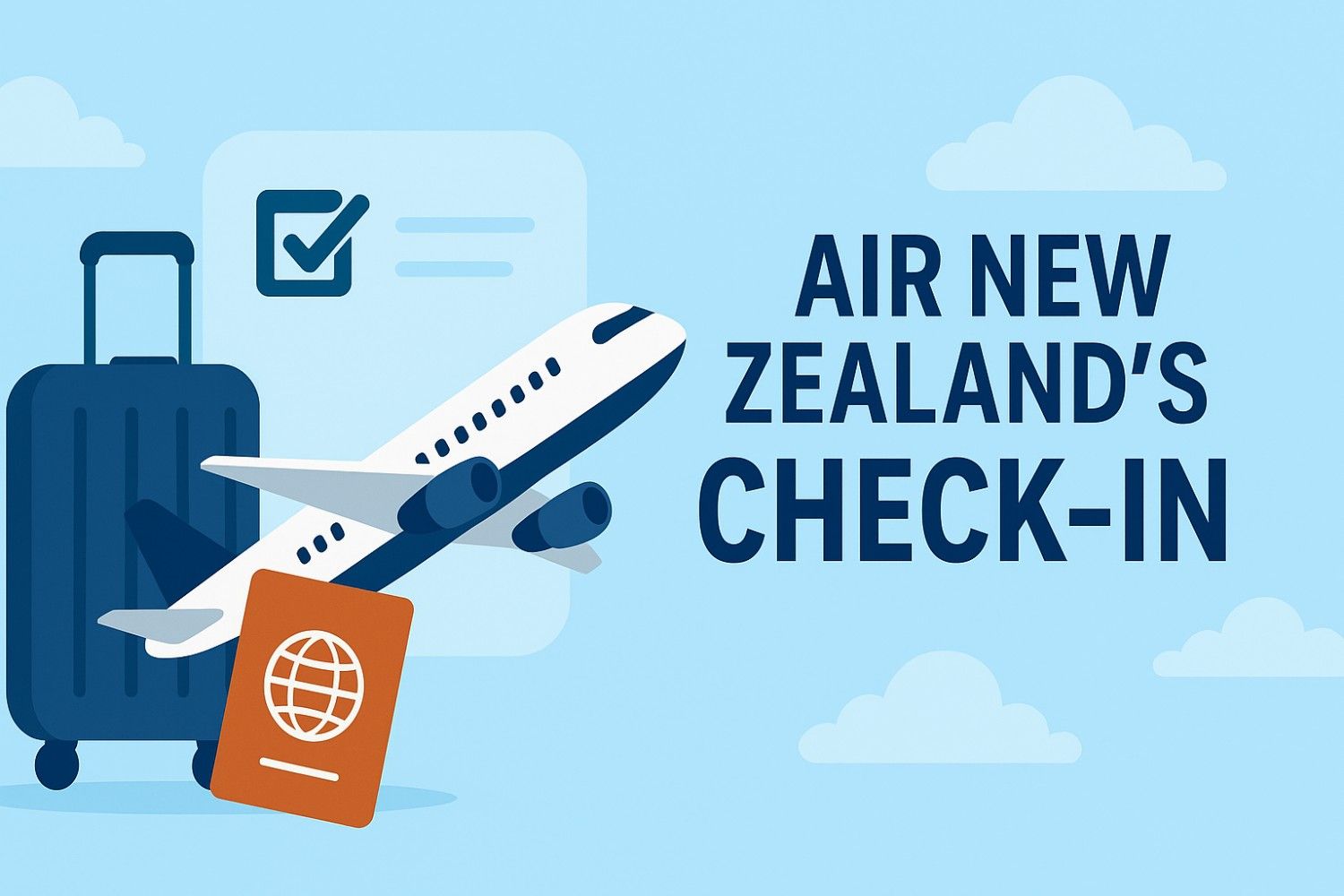- Invalid date
Jet lag or time zone change syndrome is a disorder that causes people to feel insomnia, fatigue, irritability, and digestive problems. It generally happens due to the changes in the time zones of the places you are flying. Some people might get severely affected by this condition, so it is important to learn mandatory information relevant to jet lag to make your journey unforgettable. Let's embark on the journey of understanding Jet Lag.
How to prevent jet lag on long flights?
On long-haul flights, jet lag is a normal phenomenon that can be seen in several travelers. The condition varies from normal to severe depending upon the body of the passengers. But there are prevention as well. If you have a long haul flight and are scared of jet lag, then here are certain points that will support you:
- Take proper sleep: One of the great methods to skip the chance of jet lag is to complete your sleep without any disturbance. It will make sure that you wake up energized and refreshed. The brain cells function abruptly and can prevent you from feeling any discomfort on long haul flights.
- Drink water: Water plays a pivotal role in abstaining from jet lag. The reason behind it is the dry cabin air that can lead to dehydration. Beverages like alcohol, coffee must be avoided during the flight as it can make your body dehydrated. In addition, it can also worsen jet lag.
- Sleep on the flight at nighttime: If your flight involves nighttime, then you must try to sleep at night. If the brain gets the sleep in its regular amount, then it reduces the chance of jet lag. Put on your sleep mask and go to sleep; if you are struggling with the noise then you can apply earplugs, or take the benefit of a headphone.
- Reach a little bit early to your destination: By flying to a different time zone, the body reacts differently, resulting in stomach problems, daytime fatigue, or an unwell feeling. Hence, it is advised to arrive prior to the date of your business meetings or vacation, so that your body adapts to the new environment quickly.
What exactly happens in jet lag?
For the appropriate function of the body, the sleep cycle plays an important role in a person's life. Travelers who are frequent flyers might have faced the issue of jet lag. Flying in a different time zone creates a disturbance in the circadian clock of the traveler; due to this, the traveler may feel fatigued, have digestive troubles, insomnia, and more.
Which way do you fly to prevent jet lag?
Travelers flying to the west direction might feel less jet lag. In addition, if you are flying eastward direction, then you might feel the complications that can enhance the jet lag. In this post, certain tips have been written that can give you insights regarding the prevention of jet lag; read it and approach any one of these for hassle-free traveling.
Should you sleep on a plane to avoid jet lag?
A short nap on the plane is fine to avoid jet lag. Moreover, if you are sleeping for a longer time period in the flight, then there the chances to awake at night increases by many folds. In addition, jet lag also depends on the fact whether you have a long haul flight or a short-haul flight. On the short haul flights, the chances of falling asleep are less in comparison with the long-haul flight. Try to maintain your normal routine on the flight as well; if you do not want to disrupt your sleep cycle, then you must take care of sleeping on the plane.









